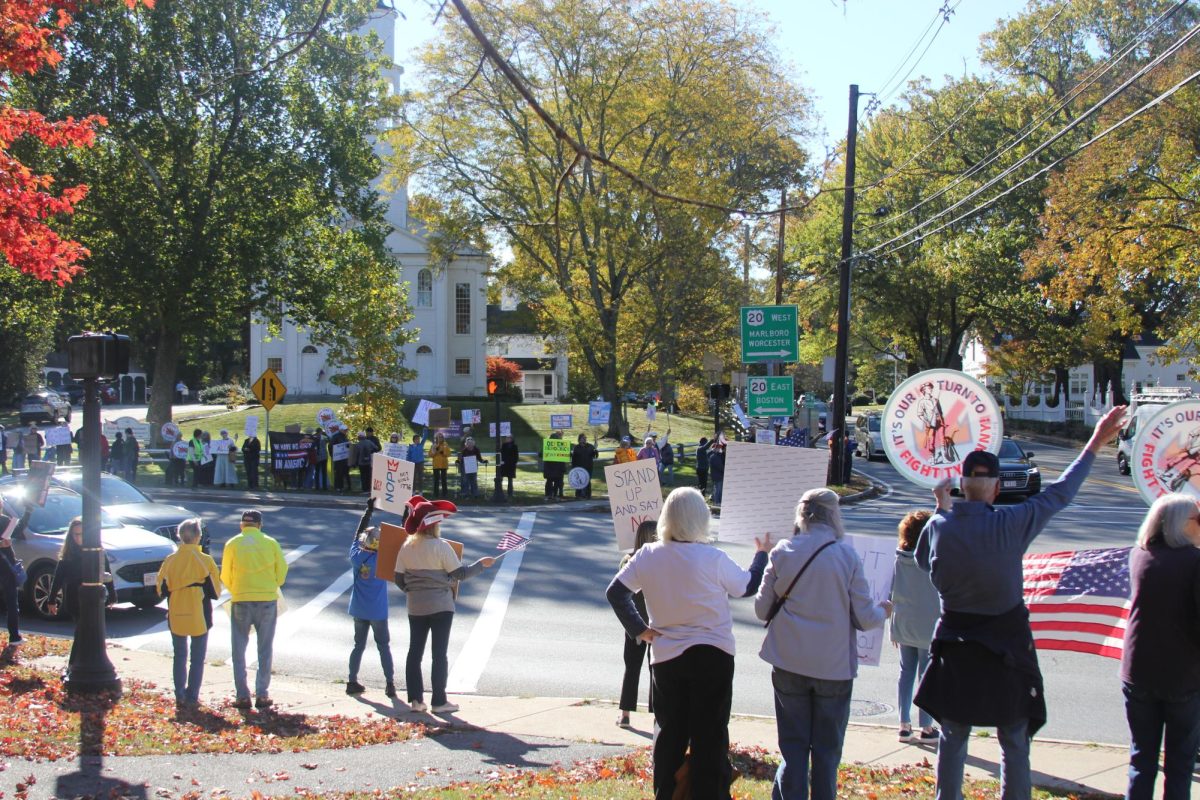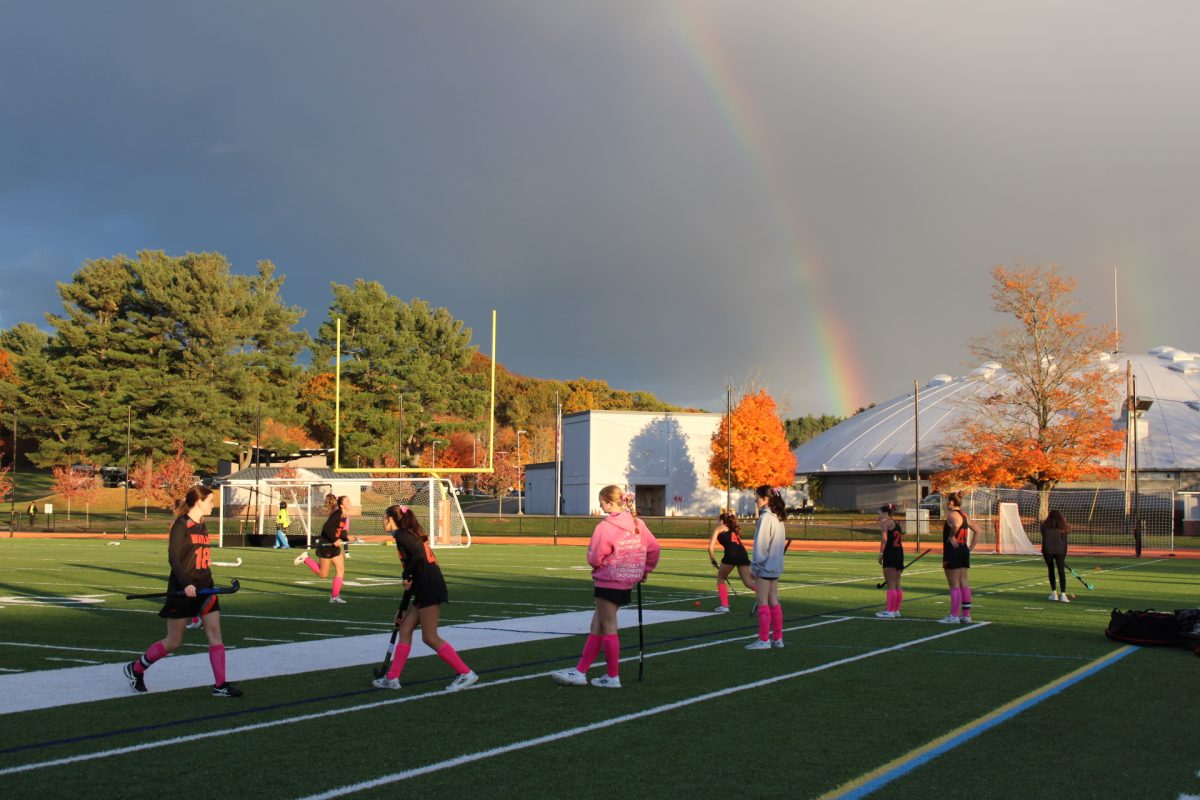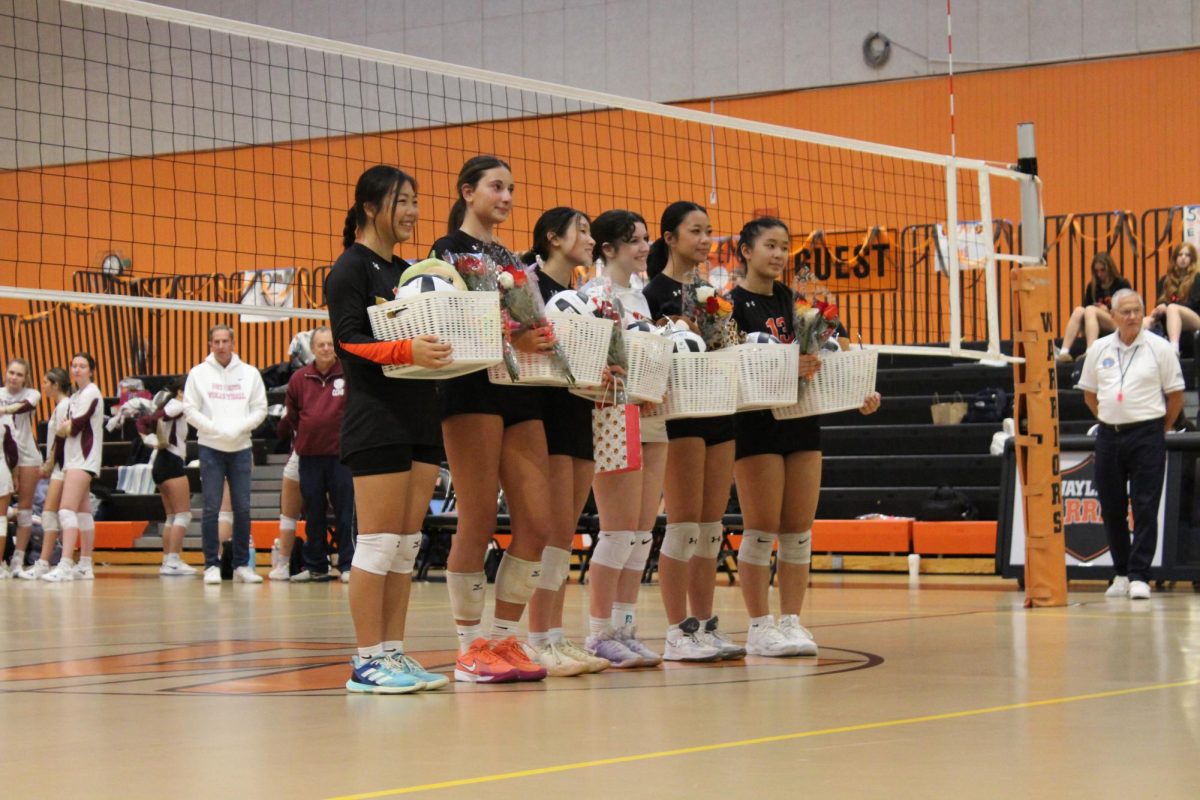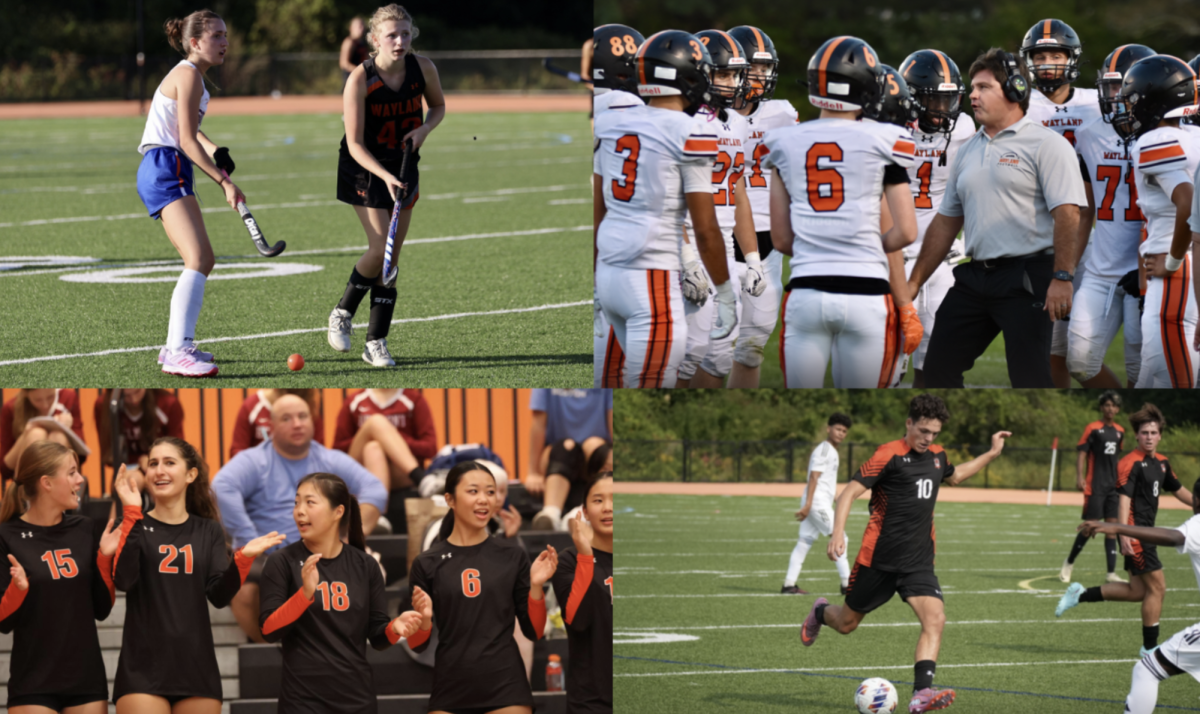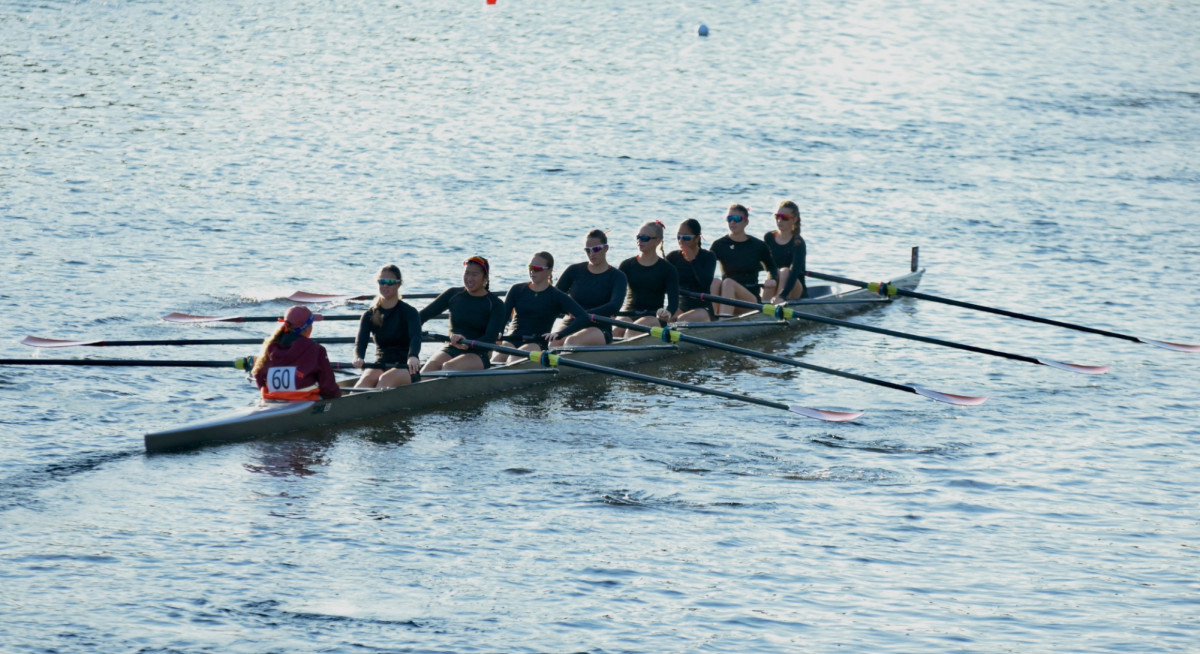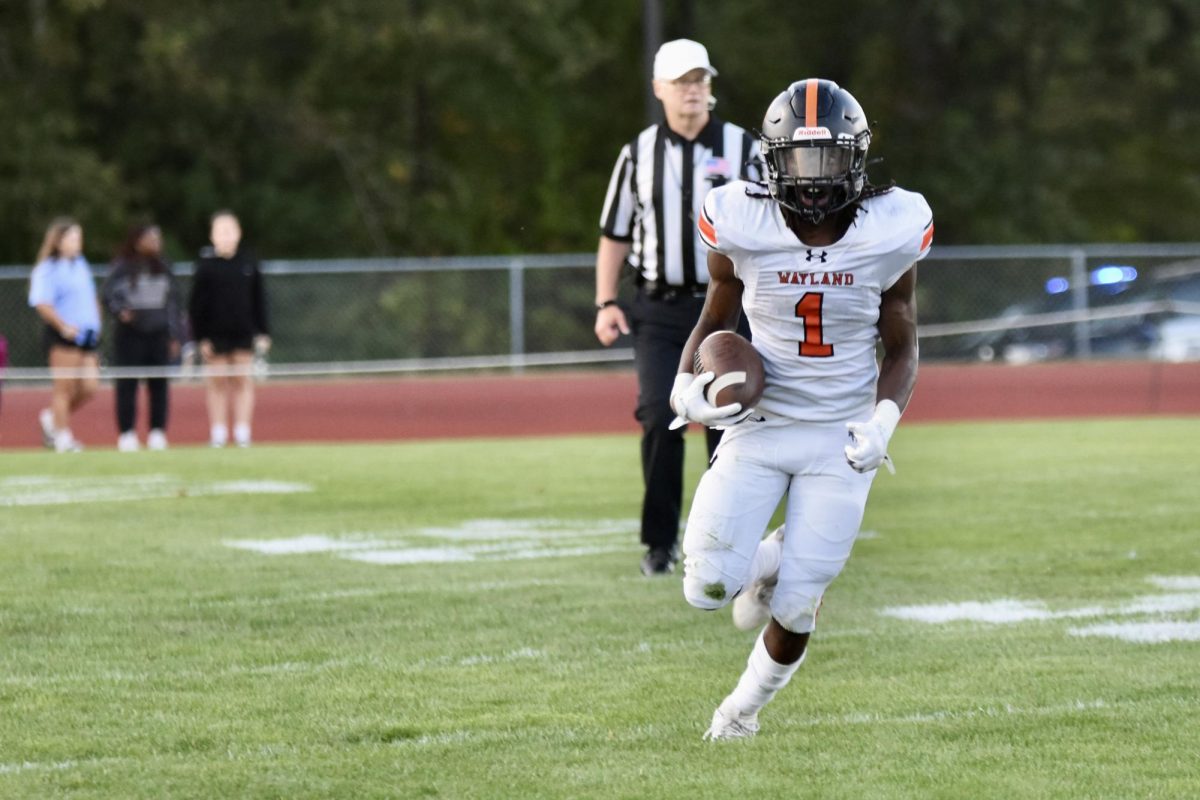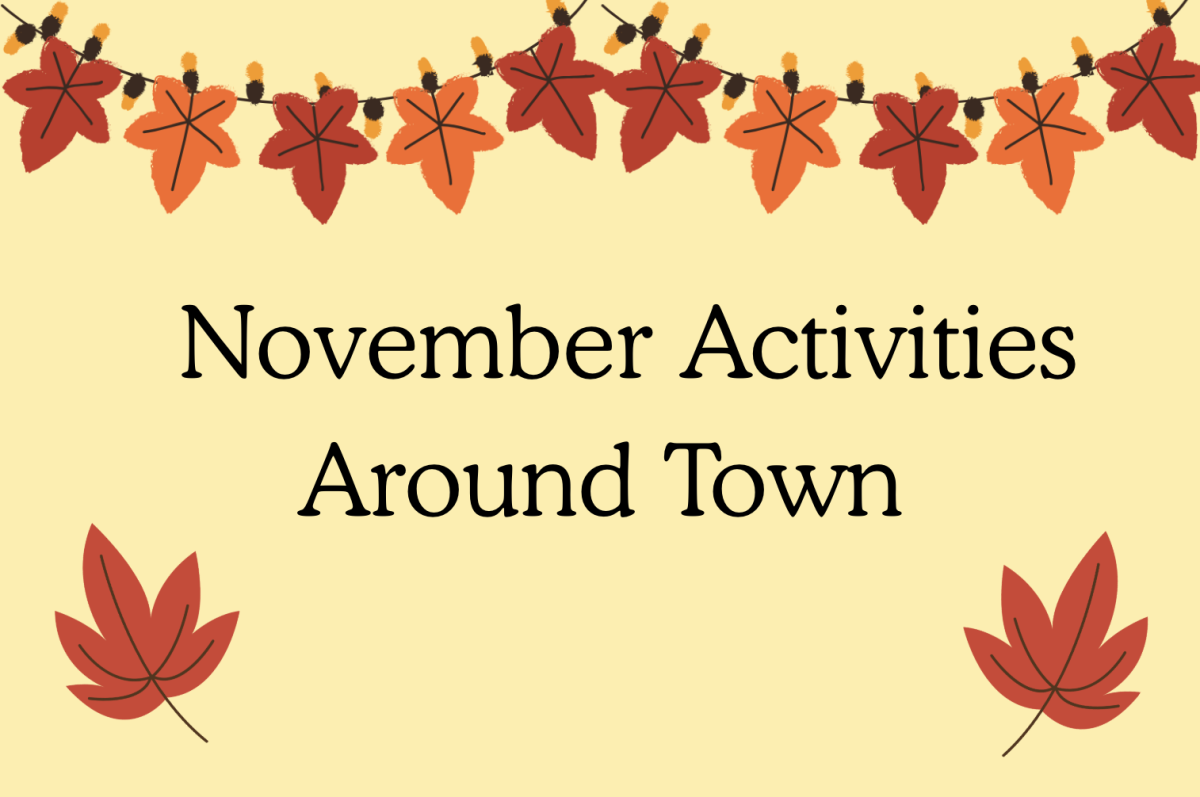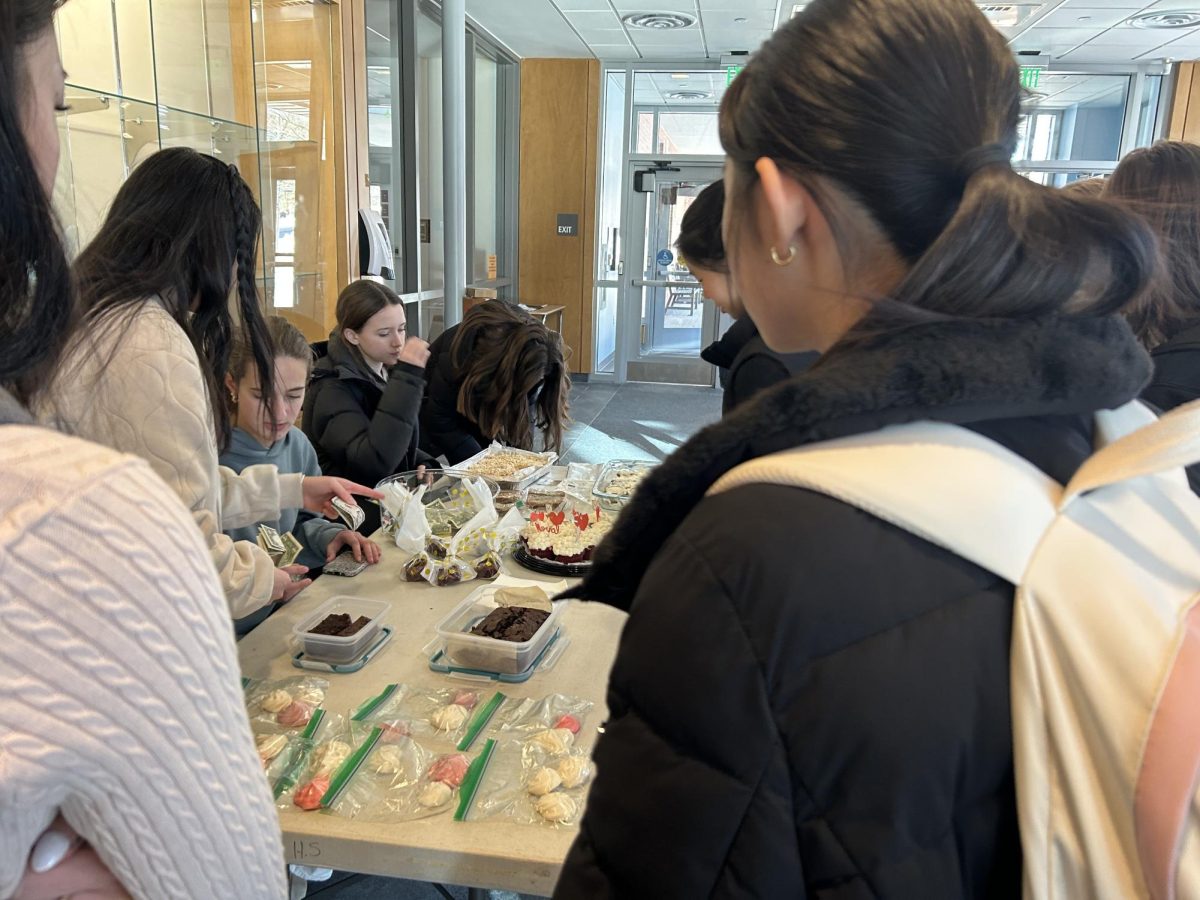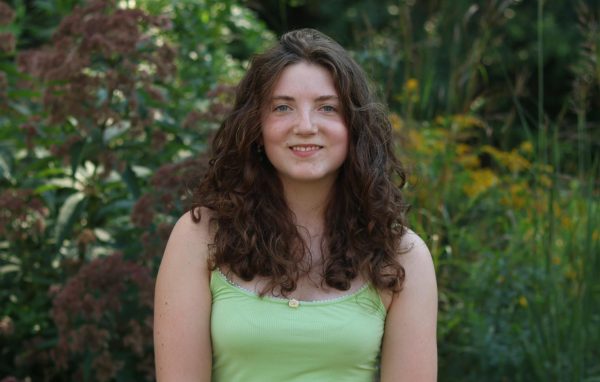Have you ever wandered through a club fair wanting to join a new group, but had the thought “which is the right club to pick?” Maybe the answer is to investigate the thought itself at Neuro Networks club. Currently, the Neuro Networks club meets Thursday mornings at 8 a.m..
Neuro Networks began this year as a passion project of club founder and president junior Emily Genis. Genis has been interested in neuroscience for some time now, but recently discovered that people who shared her interest did not have a substantial outlet for it in school, prompting her to start the club.
“I had this internship over the summer at Mass General at the neurosurgery department,” Genis said. “It was absolutely fascinating to me, and super captivating. I just wanted to share what I know and what I could know with the other people at the school and provide an outlet for kids who are interested in psychology or neuroscience but don’t really have a way to pursue that. [The club is] kind of just a place for people to come together and put their heads together.”
Genis’ internship was also the inspiration for the club’s most recent endeavor, a bake sale for the Epilepsy Foundation. Club officers, including sophomore vice president Elsie Feidelberg, sophomore treasurer Cailyn Lui and junior secretary Arina Bulat, worked along with club members for the fundraiser, bringing in a total of $100.
“I know it’s not that much, but it’s just cool to rope in money for a good cause,” Genis said. “I think it was really cool to see the community of not only people who are interested in neuroscience, but people who care about giving back to really substantial organizations, come together and support that cause. We’re giving 80% of our proceeds to the Epilepsy Foundation. We’re gonna donate it all in the end when we have more money, but as of right now, that’s about $80.”
While the club is still growing, members use their time and money raised purposefully to further that growth. The schedule for meetings can differ depending on whether the club is approaching one of their events, or if members just want to take time to discuss the human brain.
“Behind the scenes kind of just involves making a slideshow, [and] prepping what we’re going to talk about for the day,” Genis said. “That could range anywhere from exploring a case study, to setting up a fundraiser, to just talking about the brain in general, like brain anatomy.”
Similarly to the club, the fundraiser for the Epilepsy Foundation was inspired by Genis’ summer internship.
“[My internship] kind of [persuaded] me to see it as a really important cause,” Genis said. “It is one of the brain disorders that affects the most people without a lot of people knowing. It’s kind of a hidden thing. I think there needs to be a lot more awareness brought to it because it is super detrimental at the end of the day. I’ve seen firsthand what it can do to your brain. Addressing that, and especially bringing more awareness to the underrepresented neurodegenerative disorders, is really important.”
Neuro Networks members hosted the WHS community to bring attention to what matters to them in the neurology realm with the Brain Health Fair, which took place Saturday, March 22 at 2 p.m.. Genis took the themes of Neuro Networks and translated them into a community event to complete her National Honors Society project. While Genis once again wanted to combine her own knowledge with the efforts of the club, she emphasized that Neuro Networks relies on the contributions of all the members.
“If we’re setting up a fundraiser, [club members] will volunteer for positions, or we’ll just talk about what we think the fundraiser needs,” Genis said. “It kind of operates similarly to an e-board, but more collaborative in the sense that everyone holds the same importance. It’s not like there’s a hierarchy of the officers [who] kind of just hold the same importance as members.”

